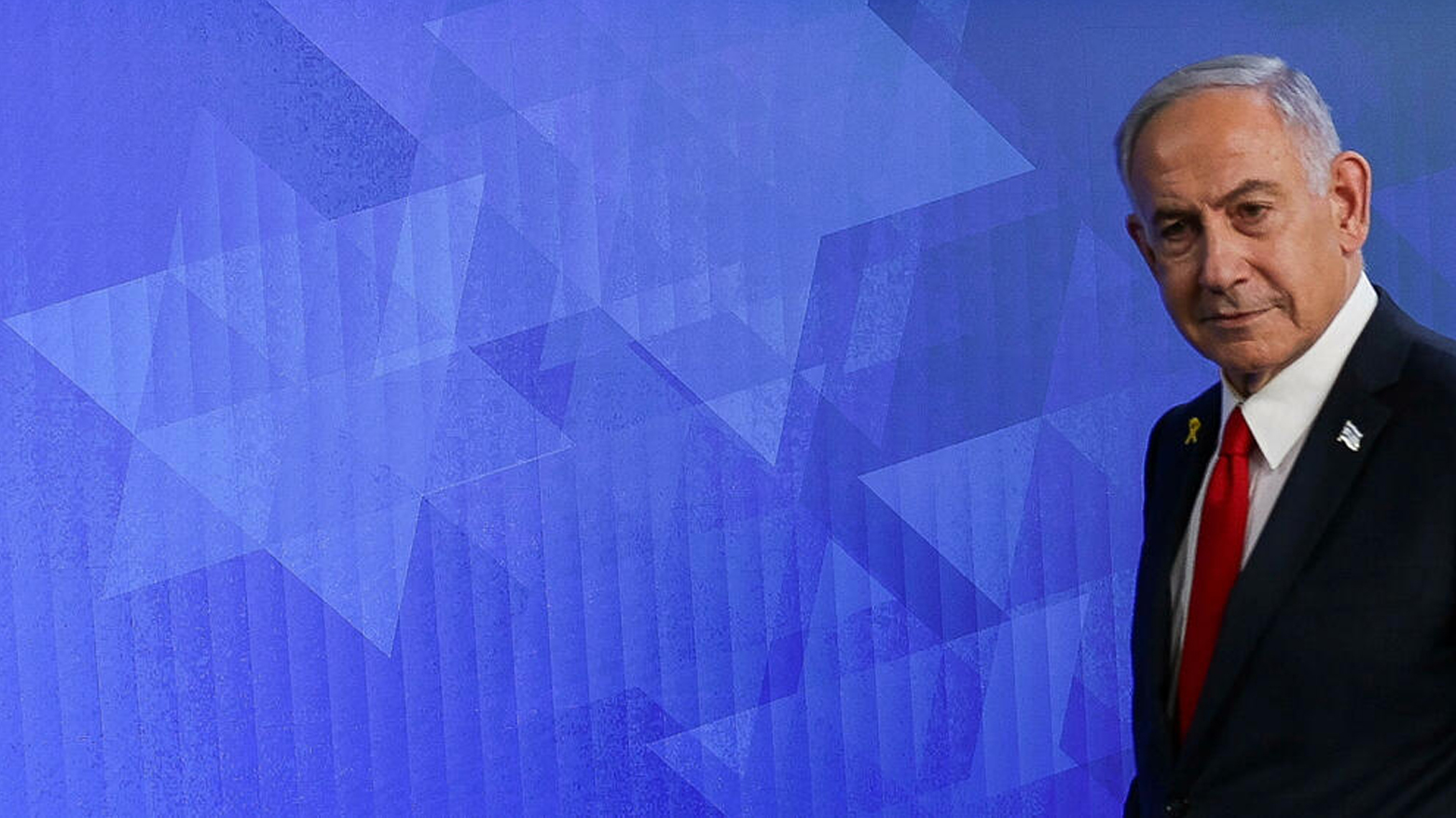Netanyahu Seeks U.S.-Brokered Peace Talks with Syria's New Government
Israel offers peace talks with Syria's new leadership via US mediation, seeking updated security deal & eventual normalization. Comes after US sanctions lift & secret backchannel talks, with key security demands.

By Ahora Qadi
ERBIL (Kurdistan24) – In a striking diplomatic shift, Israeli Prime Minister Benjamin Netanyahu has conveyed to U.S. Special Envoy for Syria, Tom Barrack, that Israel is ready to begin U.S.-mediated negotiations with Syria's new leadership, Axios reported on Tuesday, citing senior Israeli officials.
The proposal signals the first potential peace talks between Israel and Syria since 2011 and comes amid sweeping changes in the regional power balance following the collapse of Bashar al-Assad's regime and the rise of Ahmad al-Sharaa, the Islamist-turned-political leader now heading Syria’s interim government.
Netanyahu Seeks Updated Security Framework
According to Israeli sources, Netanyahu’s objective is to initiate a new set of agreements beginning with an updated security deal grounded in the 1974 disengagement agreement between the two nations. The final aim would be a comprehensive peace treaty—an outcome considered unthinkable just months ago.
“This is a rare diplomatic moment. Prime Minister Netanyahu believes President Trump’s recent engagement with al-Sharaa has opened a door we cannot afford to ignore,” one senior Israeli official told Axios. “Our aim is normalization with Syria as soon as possible.”
Al-Sharaa, once viewed with deep suspicion by Tel Aviv, is now seen in a new light. “He does not take his orders from Ankara, and his outreach to the U.S. and Saudi Arabia is a strategic shift we welcome,” the official said.
From Secret Talks to Strategic Proposals
The path to this initiative was paved by months of indirect communications through third parties, eventually culminating in direct, secret meetings between Israeli and Syrian representatives in neutral countries, sources confirmed.
The pivot gained momentum after Barrack’s back-to-back visits to Damascus and Tel Aviv last week. In Syria, Barrack met President al-Sharaa and symbolically reopened the U.S. ambassador’s residence. During his visit to Israel, he toured strategic areas near the Golan Heights, including the Syrian side of Mount Hermon, now under Israeli Defense Forces (IDF) control.
Barrack reportedly described the Syria-Israel conflict as “a solvable problem” and emphasized the need to start with a “non-aggression agreement.”
Red Lines and Diplomatic Boundaries
While embracing the prospect of diplomacy, Israel has drawn clear red lines, according to Axios that citied a senior Israeli official, these include the complete demilitarization of southern Syria, the exclusion of Turkish military bases, and a continued ban on Iranian or Hezbollah presence.
Israel also expressed interest in including U.S. forces in any future international monitoring force stationed on the Syrian-Israeli border.
Israeli forces, the official added, will remain deployed inside Syrian territory until a comprehensive agreement is reached to ensure regional security and contain any resurgence of hostile militias.
U.S. Support and Strategic Calculations
Following his regional tour, Barrack returned to Washington where he briefed President Donald Trump and Secretary of State Marco Rubio. “I can assure you the President's vision with the Secretary’s execution is not only hopeful but achievable,” Barrack later wrote on social media.
The Trump administration’s lifting of all U.S. sanctions on Syria after the May 14 meeting between Trump and al-Sharaa in Riyadh marked a dramatic departure from years of diplomatic isolation and has catalyzed parallel shifts in Israeli policy.
If successful, Netanyahu’s initiative could usher in a new era of diplomacy in the Middle East—an era defined not by proxy conflict and posturing, but by pragmatic engagement and a shared interest in regional stability.